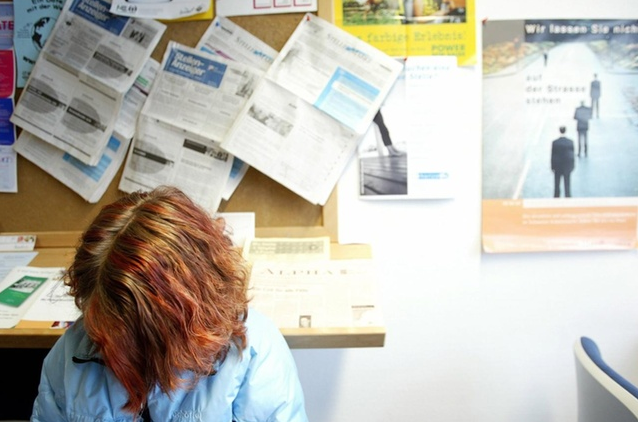Swiss women are particularly keen to work more. - Click to enlarge 2018, 7% of Switzerland’s workforce claimed they would like to work more. Women are the most affected. According to the Federal Statistical Office (FSO) figures publsihed on Tuesday, Switzerland’s labour pool has 830,000 people. This includes 356,000 underemployed individuals, 231,000 unemployed and 243,000 people who are looking for work but not available to start immediately. The additional volume of work desired by underemployed and unemployed people corresponded to a lack of work of 299,000 full-time equivalents, according to the FSO figures. Almost half of those underemployed in 2018 (part-time workers who would like to work more and would be
Topics:
Swissinfo considers the following as important: 3) Swiss Markets and News, Featured, newsletter, Work
This could be interesting, too:
Nachrichten Ticker - www.finanzen.ch writes Die Performance der Kryptowährungen in KW 9: Das hat sich bei Bitcoin, Ether & Co. getan
Nachrichten Ticker - www.finanzen.ch writes Wer verbirgt sich hinter der Ethereum-Technologie?
Martin Hartmann writes Eine Analyse nach den Lehren von Milton Friedman
Marc Chandler writes March 2025 Monthly
2018, 7% of Switzerland’s workforce claimed they would like to work more. Women are the most affected.
According to the Federal Statistical Office (FSO) figures publsihed on Tuesday, Switzerland’s labour pool has 830,000 people. This includes 356,000 underemployed individuals, 231,000 unemployed and 243,000 people who are looking for work but not available to start immediately.
The additional volume of work desired by underemployed and unemployed people corresponded to a lack of work of 299,000 full-time equivalents, according to the FSO figures.
Almost half of those underemployed in 2018 (part-time workers who would like to work more and would be available) wanted to increase their working hours by more than ten hours per week. It even exceeded 20 hours per week for more than 20% of these workers.
The underemployment rate is also high in Spain (5.6%), Cyprus (5.4%) and Greece (5.2%). It reaches 3.4% in the European Union (28 countries). In all EU and EFTA countries, with the exception of Romania, the underemployment rate for women is higher than for men.
In Switzerland, the work shortage is significantly worse for women compared to men (the equivalent of 164,000 full-time positions compared to 134,000).
Women make up the bulk of the potential labour pool. They represent 58.9% of “available people, not searching for a job” and 56.7% of “job seekers, not available”.
Tags: Featured,newsletter,Work

